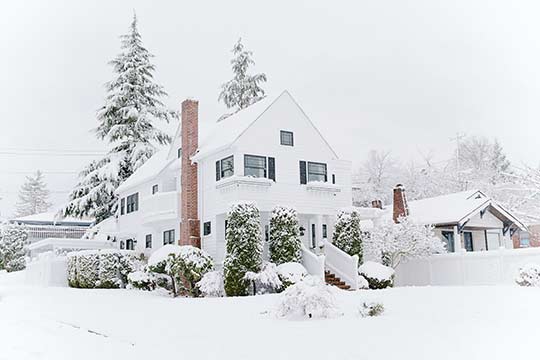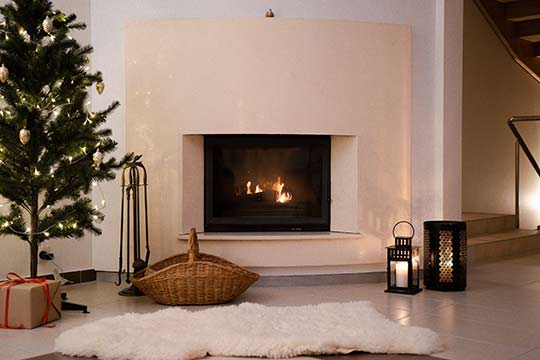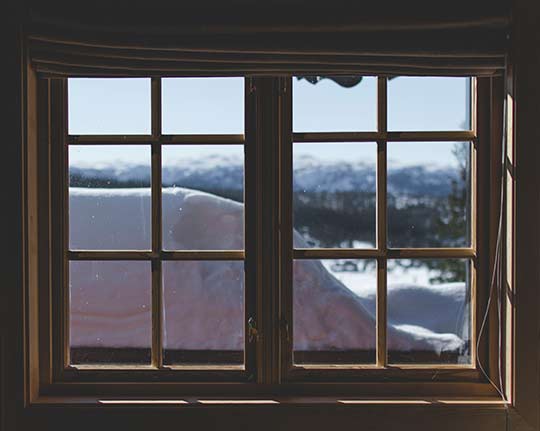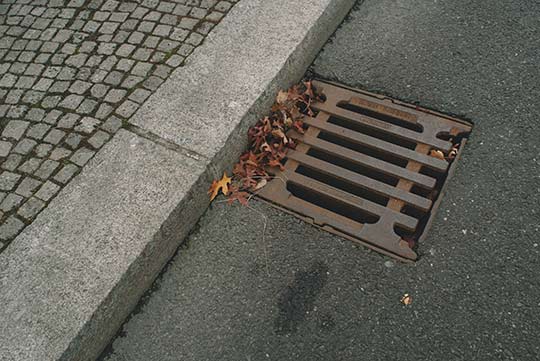Winter is just around the corner, and your mind may be on planning all the fun activities for your holiday season. But while you focus on fun and family, do not forget to spare a thought for your home’s plumbing. Winter is when some of the worst plumbing disasters happen in homes; pipes readily freeze and burst at this time of the year.
Furthermore, Yellow Key Property Management warns it costs more money to fix plumbing emergencies in winter than in other seasons. But you can avoid these winter plumbing problems if you know how to protect your water pipes from the cold. Here are twelve steps to take if you want your plumbing to pass through winter without any unfortunate incidents.
Clear your drains
To avoid complications during winter, it is critical to clear your drains before winter sets in fully. The last week before winter fall is the best time to get rid of all the debris that has accumulated inside the drainpipes throughout summer and fall. A clogged drain is much harder to deal with in winter.
Fix any leaks in your plumbing
Leaking pipes in your plumbing is a problem at any time of the year, but in winter, they pose an even greater danger. That is because leaks are often indicative of weak spots in the pipeline. Leaks can easily result in ruptures if the water inside the pipes freezes.
Take steps to prevent drain clogs
A dirty dishwasher filter can cause drain clogs; clean the filter in your dishwasher. You also want to be extra careful about the things you put inside the garbage disposal. Fibrous and starchy foods, as well as grease in your drains, can cause major problems in winter.
Maintain your sump pump
The chances that a flood will happen in your home during winter are slim. However, with the onset of spring, melting snow can easily flood the basement. That is why you want to be sure that, going into winter, your basement sump pump is in good condition.
Insulate your pipes
The cost of insulating your water pipes is low compared to the cost of fixing a burst pipe, and the damage that burst pipe will do to your home. There are many ways to insulate the exposed water pipes in your home to protect them from the cold of winter.
Check your water heater
To avoid unpleasant surprises, check your water heater before winter. Flush the unit to remove sediment, stop corrosion, and improve efficiency. If you haven’t already done it this year, this may be the right time to have an expert inspect, repair, or replace your water heater tank.
Shut off outdoor faucets
As soon as it starts to get cold, turn off outdoor faucets to keep them from freezing. Shut the faucets from the shutoff valve and open the tap to drain the water inside the pipe. Failing to do this last part, faucets may still freeze and crack, even if shut off.
Store hoses and sprinklers
If you do not protect them from the freezing temperatures, your hose and sprinkler may freeze and crack. To avoid this, after disconnecting the hose and sprinkler, drain all the water out of them before you store them.
Install frost-free sill cocks
Due to its long stem – 6 to 12 inches long – a frost-free sill cock can keep your water pipes from freezing. Because the stem washer and seat valve are inside your home, it keeps cold air from creeping up the pipe. Frost-free sill cocks are an almost failsafe way to prevent frozen pipes.
Turn off the water if it is unused
Water sources in your home that will not be in use during winter pose a threat to your plumbing if you don’t shut them off. That includes faucets in the garage or basement. Ensure the faucets are turned off from the shutoff valve and no water is left inside the pipe.
Leave cabinet doors open
To help the warm air inside your home circulate to colder areas – such as inside the cabinets –keep cabinet doors slightly open. Do this for bathrooms and kitchen cabinets. You can improve air circulation inside the house with a fan or portable heater.
Let faucets drip
Leaving faucets slightly open to allow a trickle of water can help to prevent frozen pipes. The minor but constant flow of water within the pipe ensures that water doesn’t freeze and turn into a burst pipe emergency. It is cheaper to waste water in this way than to repair a burst pipe.
Lastly, given that winter is the worst season for your home’s plumbing, there is no better time than just before the winter to schedule this inspection. Annual plumbing inspections help to maintain the health of your plumbing by letting you detect and deal with preventable issues.
Also, your home can vastly benefit from having a professional plumber inspect your plumbing to recommend the best ways to winterize the system.



